MARKET OVERVIEW
In recent years, the US Reusable Shopping Bag market has witnessed a remarkable surge in demand, driven by a growing awareness of the ecological consequences of disposable plastic bags. Consumers are now actively seeking alternatives that align with their commitment to environmental responsibility. The market response has been swift, with manufacturers innovating in design, materials, and functionality to meet the evolving needs of the eco-conscious consumer.
One of the key driving factors in the US Reusable Shopping Bag market is the increasing emphasis on corporate sustainability initiatives. Businesses, both large and small, are incorporating reusable bags into their branding and marketing strategies, aligning themselves with the values of their environmentally conscious customer base. This shift not only reduces the environmental footprint of businesses but also fosters a positive brand image, contributing to long-term customer loyalty.
Furthermore, the US Reusable Shopping Bag market is not confined to traditional retail spaces. The bags have found their way into various sectors, from farmers’ markets to fashion boutiques, reinforcing their versatility and adaptability. Consumers now view reusable bags as more than a sustainable choice—they are a statement of personal responsibility and a tangible way to contribute to a healthier planet.
Manufacturers in the US Reusable Shopping Bag market have responded to the demand for both functionality and style. Designs range from simple, utilitarian options to trendy, fashion-forward choices. The incorporation of durable, eco-friendly materials adds to the appeal, ensuring that these bags not only serve their purpose but also withstand the test of time, reducing the need for constant replacements.
The US Reusable Shopping Bag market is more than a commercial phenomenon; it represents a societal shift towards responsible consumerism. As these bags become an integral part of the daily routine for many Americans, their impact extends beyond the checkout line, influencing attitudes towards sustainability and shaping the future of conscientious living.
The US Reusable Shopping Bag market is estimated to reach $354.4 Million by 2031; growing at a CAGR of 5.9% from 2024 to 2031.
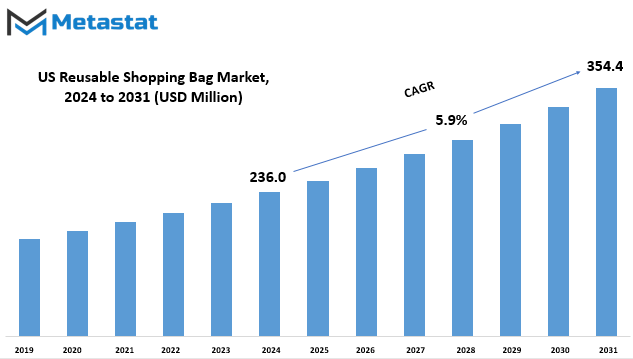
GROWTH FACTORS
The US Reusable Shopping Bag market stands at the forefront of sustainable consumer choices, embodying a shift towards eco-conscious living in a world increasingly aware of its environmental impact. Woven into the fabric of everyday life, these reusable bags have become more than mere carriers of groceries; they symbolize a collective effort to reduce single-use plastic and embrace a greener lifestyle.
The US Reusable Shopping Bag market is witnessing notable growth, driven by several key factors that play a pivotal role in its expansion. Among the primary growth factors is the increasing awareness and emphasis on sustainable practices. As more consumers become environmentally conscious, the demand for reusable shopping bags has surged.
Another significant contributor to the market's growth is the regulatory push towards reducing plastic usage. Governments and environmental agencies are advocating for eco-friendly alternatives, and reusable shopping bags have emerged as a viable solution. This has led to a widespread adoption of these bags by both retailers and consumers alike.
While the market shows promising growth, it is not without its challenges. The cost associated with manufacturing reusable bags, compared to their single-use counterparts, poses a potential hindrance. Some consumers may be reluctant to make the initial investment, despite the long-term cost-effectiveness of reusable options.
Additionally, the market faces competition from alternative eco-friendly packaging solutions. With advancements in technology, alternatives such as biodegradable bags and compostable packaging are gaining traction. This poses a competitive threat to the traditional reusable shopping bag market.
Nevertheless, the market holds lucrative opportunities for further expansion. As companies innovate and introduce cost-effective manufacturing processes, the affordability of reusable bags is likely to increase. Moreover, strategic collaborations and partnerships within the industry can pave the way for enhanced distribution channels and increased market penetration.
The US Reusable Shopping Bag market is experiencing robust growth driven by the increasing awareness of environmental sustainability and regulatory efforts to reduce plastic usage. While challenges exist, such as cost considerations and competition from alternative eco-friendly options, the market's future seems promising. The key lies in continued innovation, cost-effective solutions, and collaborative efforts within the industry to capitalize on the growing demand for sustainable shopping practices.
MARKET SEGMENTATION
By Type
The US Reusable Shopping Bag market is quite diverse, offering a range of options to environmentally conscious consumers. When we delve into its categorization, we find that it is divided into different types, each catering to specific preferences and needs.
There are Non-Woven Tote Bags. These bags, crafted from materials that are not woven together, present a lightweight and durable option for shoppers. The non-woven nature provides flexibility and ease of use, making them a practical choice for various shopping situations.
Moving on, Woven Laminated Tote Bags emerge as another category within this market. These bags boast a woven construction, providing added strength and sturdiness. The lamination further enhances their durability and makes them resistant to wear and tear. This makes woven laminated tote bags an ideal choice for those who prioritize long-lasting and resilient reusable options.
Cotton Tote Bags, another subset of the market, caters to consumers with a preference for natural fibers. These bags are made from cotton, a material known for its breathability and eco-friendly characteristics. Cotton tote bags are not only sturdy but also biodegradable, aligning with the sustainability goals of many environmentally conscious individuals.
The segmentation of the US Reusable Shopping Bag market into Non-Woven Tote Bags, Woven Laminated Tote Bags, and Cotton Tote Bags offers consumers a variety of options based on their priorities. Whether it’s lightweight flexibility, robust durability, or a preference for natural materials, the market caters to a range of eco-friendly choices, aligning with the growing awareness and desire for sustainable living practices.
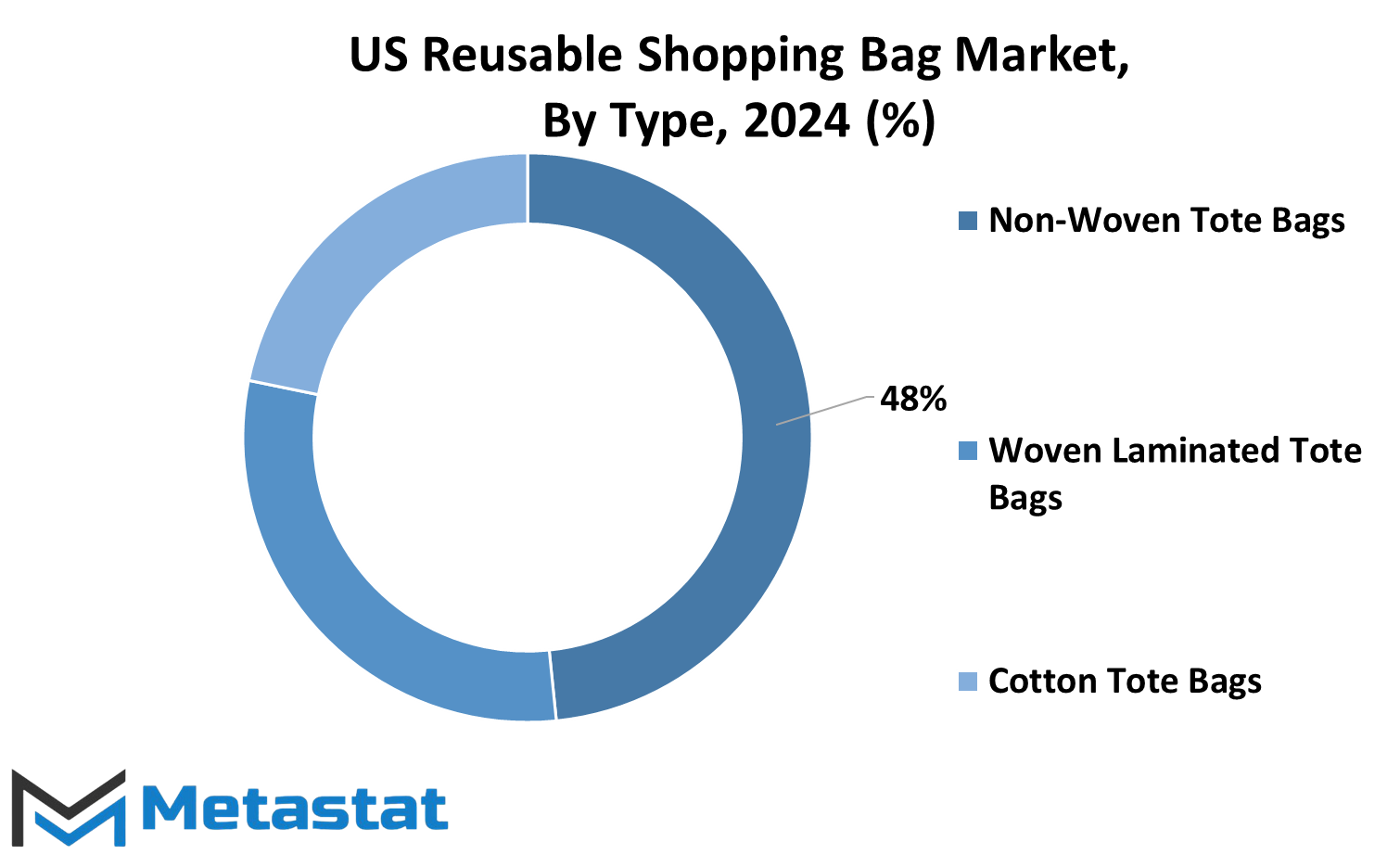
By Application
The United States Reusable Shopping Bag market is a dynamic landscape, with various applications driving its growth. In 2022, the market showcased notable values in different segments, each contributing to the overall economic picture.
Among the key segments, Retail emerged as a significant player, boasting a valuation of 126.2 USD Million in 2022. This underscores the widespread adoption of reusable shopping bags by consumers in the retail sector, reflecting a growing consciousness towards sustainable and eco-friendly practices among shoppers.
The Foodservice segment also played a notable role, with a valuation of 35.8 USD Million in 2022. This indicates the increasing trend of utilizing reusable bags in the food industry, potentially driven by a combination of environmental awareness and regulatory measures encouraging businesses to adopt sustainable practices.
In the Garment Industry segment, valued at 29.1 USD Million in 2022, there is a clear indication of a shift towards eco-friendly practices within the apparel manufacturing sector. This shift could be attributed to both consumer demand for sustainable products and the industry's recognition of the need for more responsible production methods.
The Others segment, valued at 22.3 USD Million in 2022, encompasses diverse applications beyond the more prominent retail, foodservice, and garment industry. This could include various sectors and businesses adopting reusable shopping bags for their distinct purposes, further contributing to the overall market value.
The division of the market into these distinct applications highlights the versatility and widespread acceptance of reusable shopping bags across various industries. As consumers and businesses increasingly recognize the importance of sustainability, the market for reusable shopping bags in the United States continues to evolve, reflecting a broader shift towards environmentally conscious choices in everyday life.
COMPETITIVE PLAYERS
The US Reusable Shopping Bag market has witnessed significant growth in recent years, with key players driving the industry forward. Among these prominent companies are Whole Foods Market, Inc., Trader Joe's, Walmart Inc., Target Corporation, REI Co-op, Baggu, ChicoBag Company, Blue Q, Envirosax, LLC, and Green Bag America.
These players have played a pivotal role in shaping the landscape of the Reusable Shopping Bag industry. Whole Foods Market, known for its commitment to sustainability, has embraced the use of reusable bags to reduce environmental impact. Similarly, Trader Joe's has been a key contributor, encouraging customers to adopt eco-friendly practices through the promotion of reusable bags.
Walmart Inc. and Target Corporation, retail giants with a widespread presence, have also made substantial contributions to the market. Their initiatives to provide and promote the use of reusable shopping bags have resonated with a growing environmentally-conscious consumer base.
REI Co-op, a notable player in the outdoor retail sector, has extended its influence into the Reusable Shopping Bag market. The company's emphasis on responsible practices aligns with the broader sustainability goals driving the adoption of reusable bags.
Baggu and ChicoBag Company, both specializing in reusable bag solutions, have carved their niche in the market. Their innovative designs and commitment to durability have made a significant impact, attracting consumers seeking both style and sustainability.
Blue Q and Envirosax, LLC, known for their creative and diverse bag designs, bring an element of fashion into the reusable bag market. By merging style with eco-consciousness, they cater to consumers who prioritize both aesthetics and environmental responsibility.
Green Bag America, another key player, has contributed to the market through its focus on manufacturing environmentally friendly bags. The company's commitment to sustainable materials and production processes has solidified its position in the competitive Reusable Shopping Bag industry.
The US Reusable Shopping Bag market is characterized by the active participation of key players, each contributing in their unique way to promote sustainability and reduce the environmental impact of single-use plastic bags. As these companies continue to play a crucial role, their efforts collectively shape the trajectory of the market and influence consumer choices towards a more eco-friendly future.
US Reusable Shopping Bag Market Key Segments:
By Type
- Non-Woven Tote Bags
- Woven Laminated Tote Bags
- Cotton Tote Bags
By Application
- Retail
- Foodservice
- Garment Industry
- Others
Key US Reusable Shopping Bag Industry Players
- Whole Foods Market, Inc.
- Trader Joe's
- Walmart Inc.
- Target Corporation
- REI Co-op
- Baggu
- ChicoBag Company
- Blue Q
- Envirosax, LLC
- Green Bag America
WHAT REPORT PROVIDES
- Full in-depth analysis of the parent Industry
- Important changes in market and its dynamics
- Segmentation details of the market
- Former, on-going, and projected market analysis in terms of volume and value
- Assessment of niche industry developments
- Market share analysis
- Key strategies of major players
- Emerging segments and regional growth potential



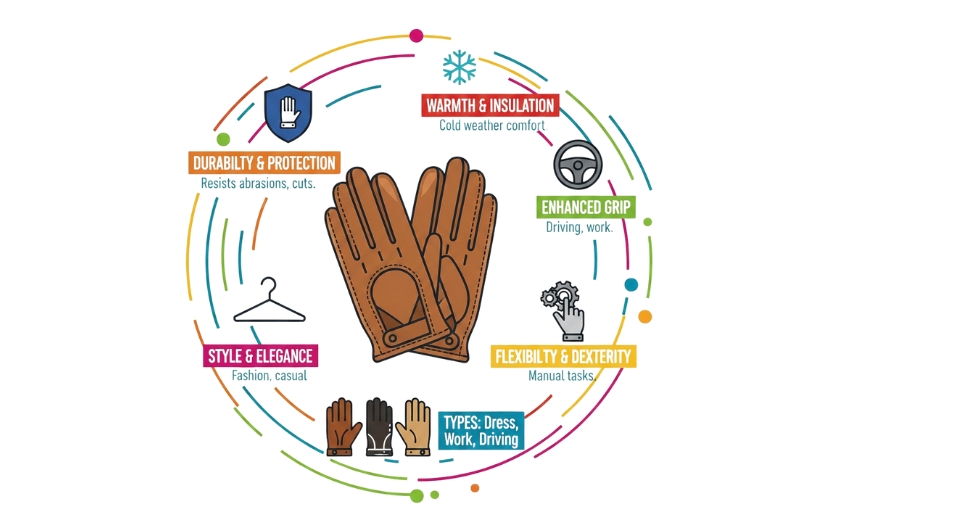
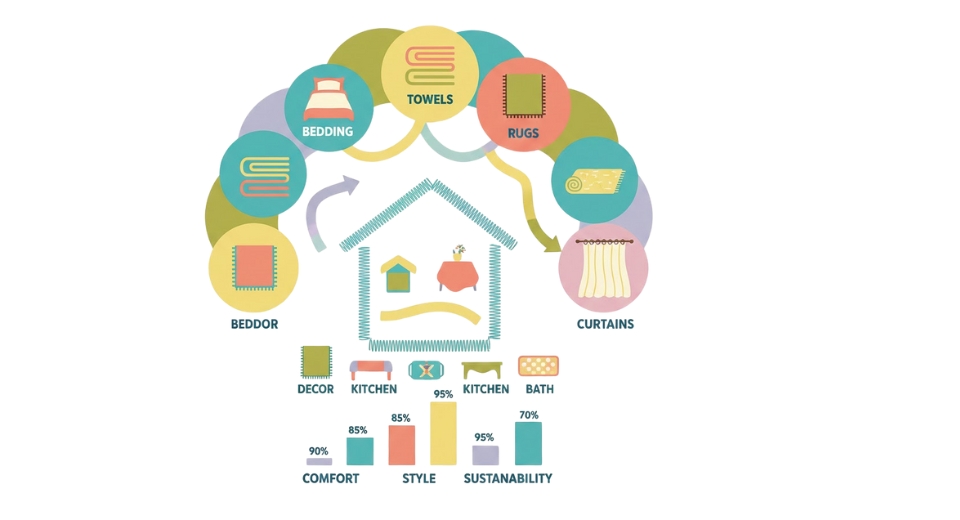
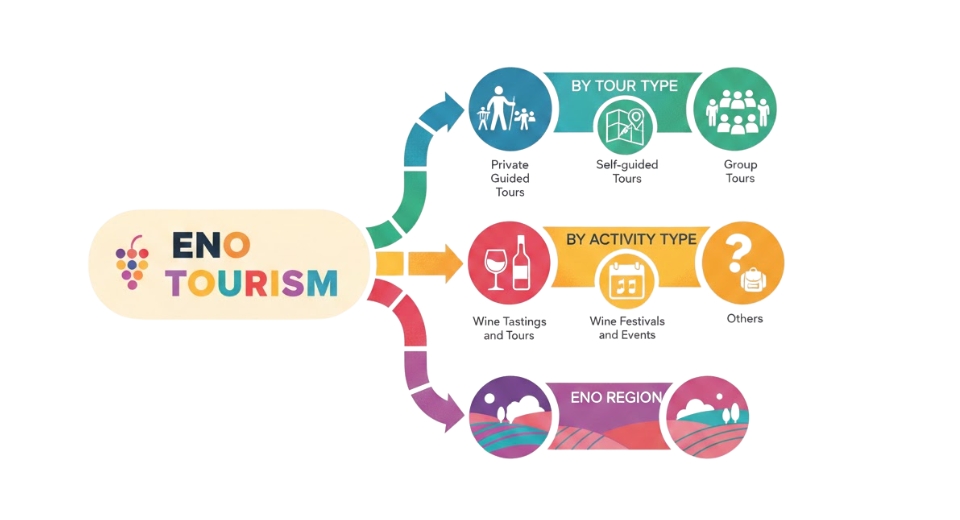
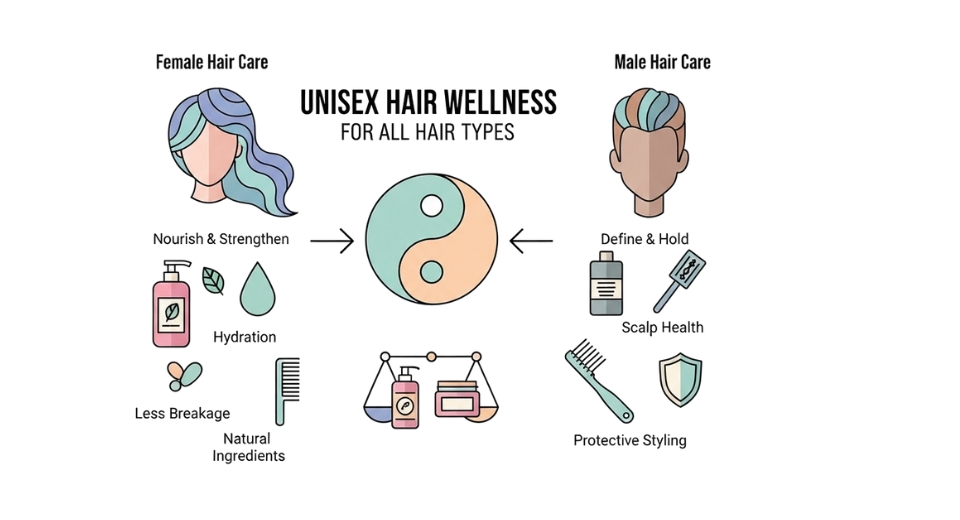

 US: +1 3023308252
US: +1 3023308252






